Portugal D7 Visa
Offering a secure political and social environment, good infrastructure, lower cost of living, and high-standard quality of life, Portugal is an attractive destination for people seeking residence within the EU.
The D7 visa is probably the best choice for you If you are a non-EU citizen looking to migrate to Portugal with reasonable passive income (not salary derived).
The D7 visa entitles you to live in Portugal based on your passive income if you are a pensioner, investor, or entrepreneur who has some means of supporting yourself without having to make a significant economic investment. Passive income is income that takes little to no effort to earn and maintain. This could be through a pension, income from rental properties, income from a business you own, income from a remote job, social security income, dividends or income from investments, royalties, intellectual property, or savings.
The D7 visa differentiates itself from Golden Visas by being extremely affordable, with no minimum investment required. However, it does require you to live in Portugal for a longer period and may have some tax implications on your income. But if you intend to live in Portugal most of the time, the D7 Visa is a much better and faster option.
It is affordable and allows non-EU citizens to obtain Portuguese residency as long as they have enough funds to support themselves while in Portugal.
This visa is perfect for pensioners, retirees, investors, or entrepreneurs who want to live in Portugal without having to make a significant economic investment. It is sometimes called the “retirement visa,” “freelancer visa,” or “passive income visa”.
Despite being referred to as the passive income visa, the D7 Visa is also ideal for remote workers and freelancers, long-term digital nomads, and even crypto traders. Many people on this visa are full-time remote workers, freelancers, or entrepreneurs. However, regardless of whether they earn their income actively or passively, all of these people have one thing in common: they are bringing their own source of income to Portugal.
The D7 visa can then be renewed after 1 year for two consecutive periods of 2 years and can be converted into a permanent residency permit and citizenship after 5 years.
Need more information? Click here
D7 Visa Advantages
- Faster visa application process than the Golden Visa
- Free entry and circulation in the Schengen Area for the duration of the visa
- You can live, work and study in Portugal, or work for companies in other EU countries as a freelancer or remotely
- You can travel within the EU
- Tax benefits via the Non-Habitual Resident (NHR) scheme
- Taking advantage of the Portuguese health care system, which is government-funded and has minimal fees
- Spouses and children can be included in the visa
The Process to Get the D7 Residency Visa Portugal
To obtain the D7 Residency Visa, you need to go through two steps:
- Apply for a temporary D7 Visa at the Portuguese Embassy or Consulate in your home country (which lasts for 4 months)
- Make an appointment with SEF, or Serviço de Estrangeiros e Fronteiras (Portuguese Immigration Department), in Portugal, who will deal with D7 Residency Visa.
Step1: Present all the necessary D7 application documents to a Portuguese Embassy or Consulate in your country. It may take a few weeks or months to get an appointment at the consulate, so make sure to book it in advance. If your application is approved, the embassy will issue a temporary visa allowing you to travel to Portugal, rent or buy a place, settle in, and attend an interview with SEF for the D7 residency permit (who then give a decision within 90 days of that interview). This temporary visa is valid for 4 months (120 days) from the time it is released.
Step 2: Make an appointment with SEF once the temporary visa is issued. This appointment is a personal interview and you will need to present any additional documentation as necessary. SEF will advise you of this. If this interview is successful, you will be issued a D7 Residency Visa for 1 year, which is then renewable twice, each visa lasting for 2 successive years (a total of 5 years). At the end of these 5 years, you can apply for permanent residency in Portugal.
After 5 years of residency in Portugal, you can obtain Portuguese citizenship for the so-called “EU passport” or a second passport, if qualified.
The D7 Visa Requirements
You must:
- Be a non-EU national
- Have sufficient funds/income to support yourself (and your family if applicable) during your stay in Portugal
- Have a clean criminal record
Given that this visa is aimed primarily at pensioners, there are no age limits or health requirements.
You do not need to know Portuguese to obtain the visa, but you will need to pass the A2 language test later when you want to apply for citizenship.
Documents Required for the D7 Visa Portugal
The D7 visa Portugal required documentation is:
- D7 application form
- A valid passport (valid for at least 6 months after your D7 Visa would end)
- 2 passport-sized photos
- Proof of regular income or passive income (for example, dividends or savings)
- Proof of a place to live (either bought, rented, or staying with friends)
- Criminal background record from your country of origin
- Valid travel insurance with health coverage
- 6 months of bank statements
Please keep in mind that you are likely to need to provide certified translations of these supporting documents. The Portuguese Embassy or Consulate should be able to provide you with the names and contact information of official translators who can help you with this work.
You must prove, in some way, that you have sufficient income coming into your bank account (or already in it) and that you will continue to receive this income for the duration of your residency permit. An example of this would be bank statements indicating income from a pension or rental income.
Proof of a place to live for the majority of people means a rental agreement or a rental lease. However, if you have friends or relatives in Portugal, you can have them write you an invitation letter stating that you are welcome to live with them while you look for a new place to live.
The Income Requirements
Applicants for the D7 Visa must demonstrate that they have a minimum income or pensions for 12 months:
- €7.200 for the first adult (Portuguese minimum wage)
- €3.600 for second or more adults (half the minimum wage)
- €2.160 per child (30% of the minimum wage)
Please be aware that this income is based on the Portuguese minimum wage, which rises annually. It is currently €7,200 but is expected to rise in 2021.
This makes sense: this visa aims to attract people who can support themselves, so the further you are from the minimum, the better.
It is recommended that you hold a minimum amount equal to 12 months’ income in a Portuguese bank account.
The D7 Visa Processing Time
It can take up to 60 days to receive a temporary four-month visa in your home country, from the time you submit all of the necessary information.
The duration of your permanent D7 Visa will depend on where you are applying in Portugal. If you live in Lisbon or Porto, getting an appointment with the SEF can take up to 120 days. In smaller cities, however, it is normally much faster.
Be aware that current COVID restrictions are slowing this process in general, so check with your local SEF office for more details.
To summarize the steps for getting the D7 visa:
- Apply for the temporary D7 visa in your home country
- Make an appointment with SEF in Portugal once you have your temporary visa
- Attend your SEF interview and present additional documents
- Get your D7 Residency Visa
Tax Benefits with the D7 Visa
You are entitled to take advantage of Portugal’s Non-Habitual Resident (NHR) Tax Regime if you have a D7 Residency Visa. The NHR is a generous tax program with benefits based on your total income. It offers tax-free incentives (or reduced tax rates) for some groups for up to 10 years. While the NHR scheme is quite varied, the groups of people who are typically most interested in the NHR scheme are pensioners as well as entrepreneurs and freelancers.
The following types of income may be qualified for the NHR program:
- Dividends
- Real estate income
- Capital gains from the disposal of real estate
- Occupational pensions
- Royalties
- Business and self-employment profits derived from eligible occupations (but be mindful of relevant double taxation agreements)
As of 2020, pensioners registering for the NHR tax scheme will be charged at a rate of 10%.
Before applying for the D7 visa, we strongly advise you to consult with a good accountant with expert knowledge of the Portuguese NHR scheme so that you are aware of the tax implications of your income.
Family Members and Dependents
Family members of the main D7 application are entitled to a residence permit, based on family reunification law.
The main applicant is entitled to include the following dependent family members within their application:
- A spouse or partner
- A minor or incapacitated child
- Single children older than 18 who are studying in an educational institution in Portugal
- Dependent parents of the main applicant or their spouse
- Minor siblings, who are legally deemed to be in the care of the main applicant

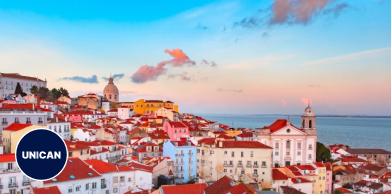
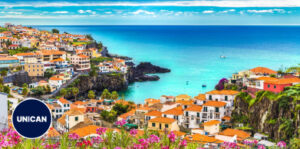


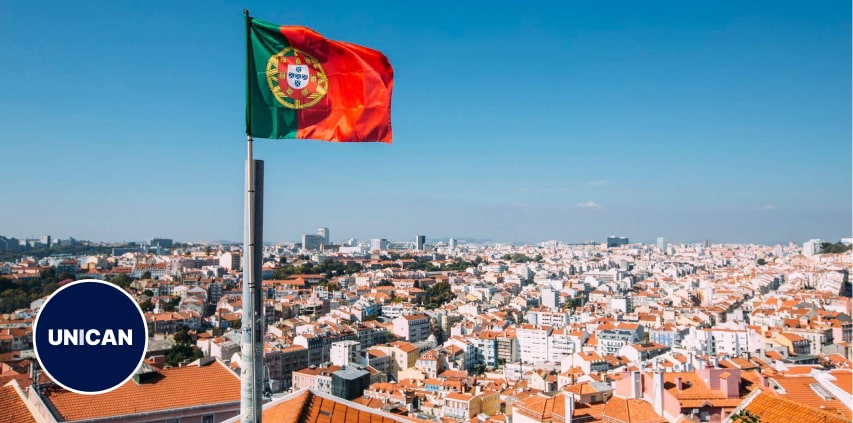
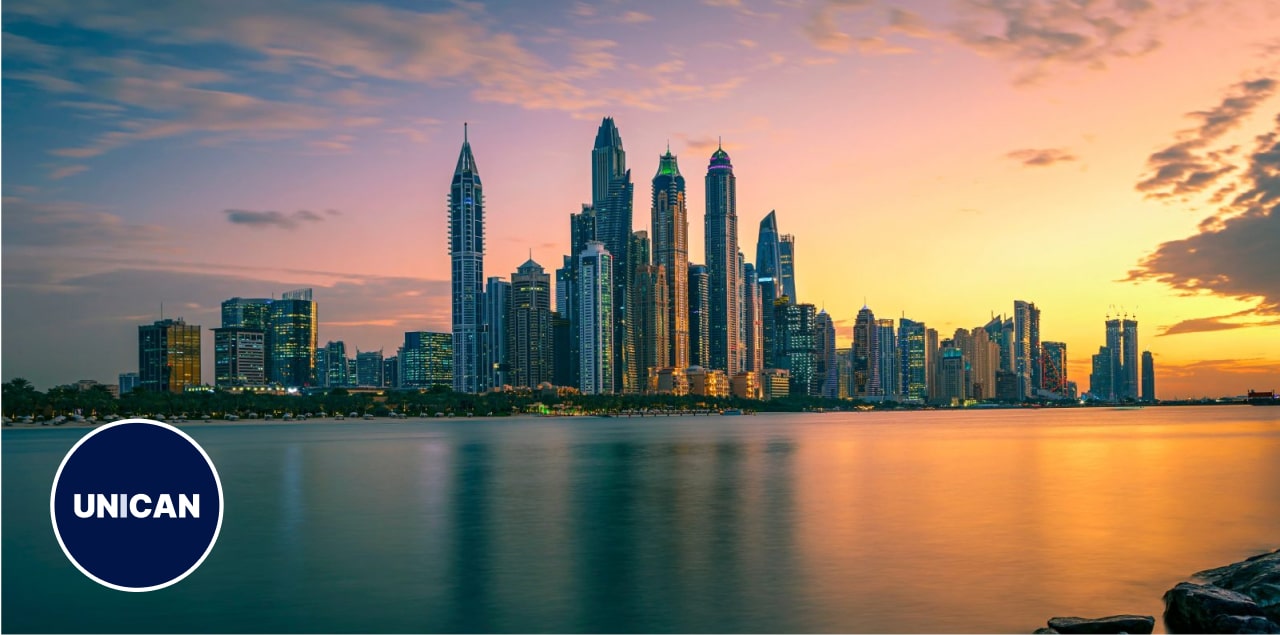
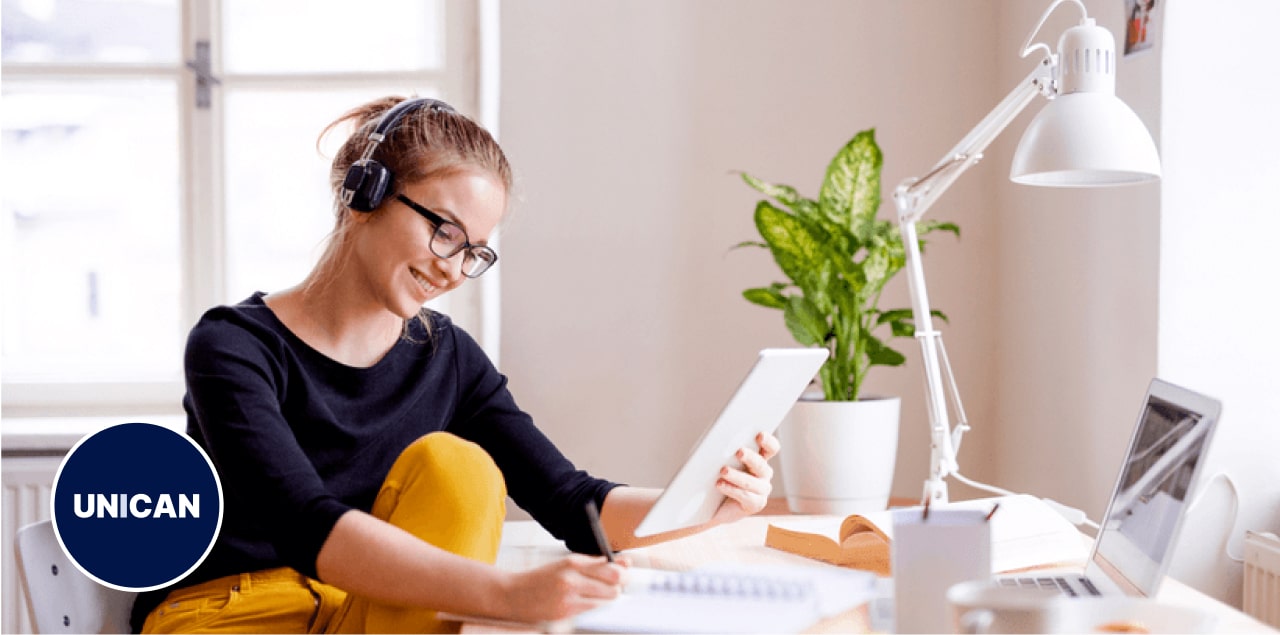

40 Comments. Leave new
I own a property in Portugal and seek a D7 visa. I am retired with sufficient pension funds to meet the requirements. Any help you can proved in obtaining a D7 will be gratefully received.
Hello
We will contact you soon
Hi
I am Sri Lankan citizen and me and my husband prefer to apply D7 visa in Portugal. We have 4 year child too. We have passive income here and looking for a secured life for our child. Please help us to start the process.
Hello, we will contact you soon
Hi , looking for d7 visa .can u provide more details
hi, we will email you soon
Thank you so much for this very useful information. I am interested in the D7 visa. Is it composulsry to open an account with a Bank in portugal?
hi,we will email you soon
Thanks for your response, Waiting to receive an email from you.
Good day. My first time here.
– Does the D7 visa allow one to work and earn a living in Portugal?
– If i quit my job here in Nigeria, can i comfortable settle down and work legitimately?
– How does the process take from Nigeria.
Thanks a lot
hi,we will email you soon
Hello All, if I’m working as a freelancer on upwork, would I have to start paying tax to the Portuguese government when I arrive in Portugal
Hello, We’ll email you soon
Hi, could you please contact me about D7 visa?
sure, I sent you an email
Hi, We emailed you the information
Hello, can you tell me if presenting a paypal balance acount is good enough proof of income?
This besides placing a bank deposit in Portugal.
Thanks
Hello, We sent you an email
Interested in the services you offer. My husband and I have enough in saving and I work remotely.
hi, we sent you an email
HI, I work as a freelancer and business owner, I need to inquire about how long it can take to get the D7 Visa please?
Hello. We’ve sent you an email
Want to apply D7 visa as retired from Pakistan
hi, we will email you soon
want d7 have app. ready to submit in dec. need some docs yet. and will be in u.s. want to immigrate to portugal 6/1/23
Hello, we sent you an email
Hello, can you tell me if presenting a paypal balance acount is good enough proof of income?
This besides placing a bank deposit in Portugal.
I am not sure where you’re getting your info, but great topic.
How to start this process? how much money in AED should be in my account?
hi, check your email please
Very good information. Lucky me I came across your website by chance (stumbleupon). I’ve saved as a favorite for later!
Hello there! I simply wish to offer you a big thumbs up for the great information you’ve got right here on this post. I’ll be returning to your web site for more soon.
Valuable info. Lucky me I discovered your site by chance, and I’m surprised why this coincidence did not happened in advance! I bookmarked it.
I know this if off topic but I’m looking into starting my own blog and was curious what all is needed to get setup? I’m assuming having a blog like yours would cost a pretty penny? I’m not very web smart so I’m not 100 certain. Any suggestions or advice would be greatly appreciated. Many thanks
Hello Sir, I am from Pakistan and working in Saudi Arabia since 2014 onwards, I want to migrate my family (SPOUSE+4 CHILDREN) to Portugal for permemnt residence. I am seeking your support to know that is it possible i can migrate my family to Portugal and i will support them from KSA for financially.
You can apply for the Portugal Golden Visa program, which grants you and your family the opportunity to live, work, and study in Portugal permanently. The program allows you to maintain your residency as long as you retain ownership of the purchased property, without any mandatory presence requirement for renewal.
I would like to apply for D7 visa as a pensioner from China and to know your service charges in this process.
Please kindly contact us to check your eligibility.
Hello. My name is Sasha. I am Ukranian.
I already collected all the info about the d7 visa.
I more than qualified for this program.
Now I just need to know your professional fees in order to make a decision to move forward with you or not.
Thank you in advance to provide me with a quote for your services to assist my family in the application ( me, my husband and 2 minor kids )
Looking forward to hearing from you,
Sasha
Major thanks for the article post.Much thanks again. Cool.